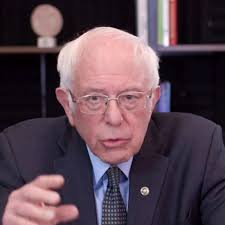Big pharmaceutical companies are working hard to ensure that the TPP extends the monopolies they have for prescription drugs by extending their patents (which currently can last 20 years or more). This would expand the profits of big drug companies, keep drug prices artificially high, and leave millions of people around the world without access to life saving drugs. Doctors without Borders stated that "the TPP agreement is on track to become the most harmful trade pact ever for access to medicines in developing countries."
Under TPP, governments would be barred from imposing "capital controls" that have been successfully used to avoid financial crises. These controls range from establishing a financial speculation tax to limiting the massive flows of speculative capital flowing into and out of countries responsible for the Asian financial crisis in the 1990s. In other words, the TPP would expand the rights and power of the same Wall Street firms that nearly destroyed the world economy just five years ago and would create the conditions for more financial instability in the future.
Last year, I co-sponsored a bill with Sen. Harkin to create a Wall Street speculation tax of just 0.03 percent on trades of derivatives, credit default swaps, and large amounts of stock. If TPP were enacted, such a financial speculation tax may be in violation of this trade agreement.
The State Department, the U.S. Department of Labor, Human Rights Watch, and Amnesty International have all documented Vietnam's widespread violations of basic international standards for human rights. Yet, the TPP would reward Vietnam's bad behavior by giving it duty free access to the U.S. market.
Once TPP is agreed to, it has no sunset date and could only be altered by a consensus of all of the countries that agreed to it. Other countries, like China, could be allowed to join in the future. For example, Canada and Mexico joined TPP negotiations in 2012 and Japan joined last year.
(Note: You can view every article as one long page if you sign up as an Advocate Member, or higher).





